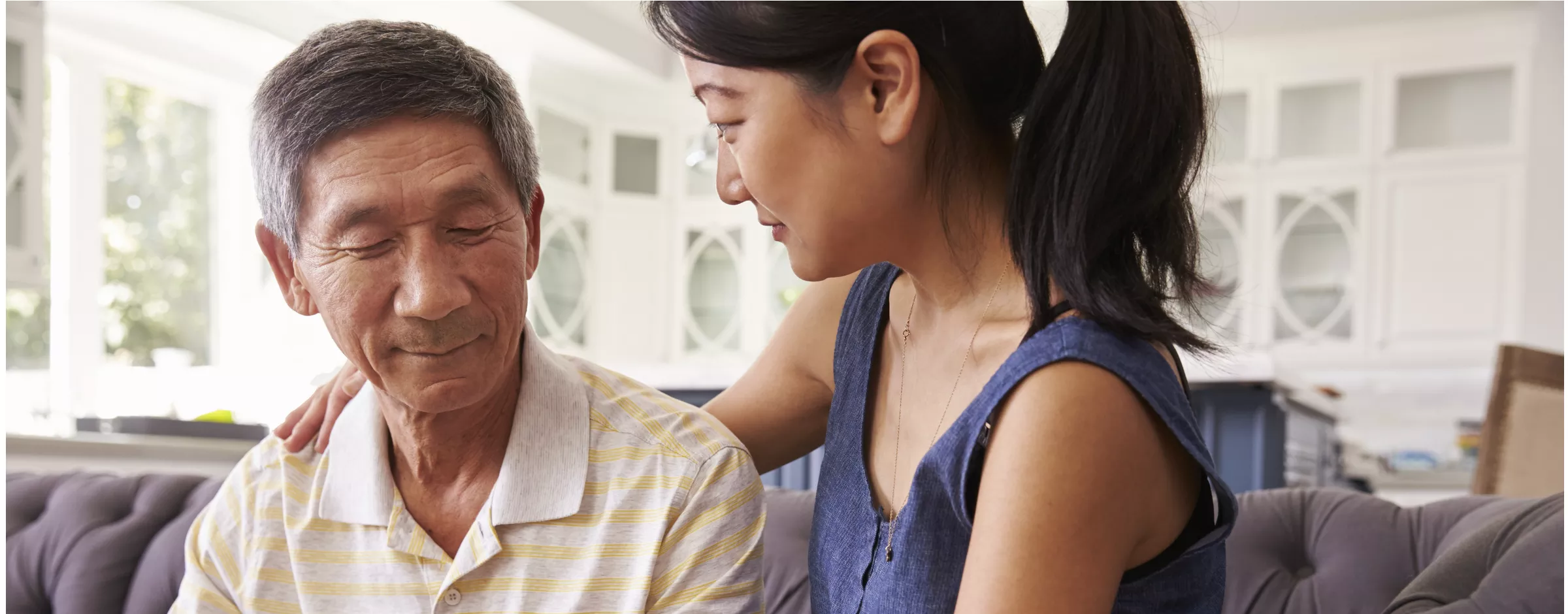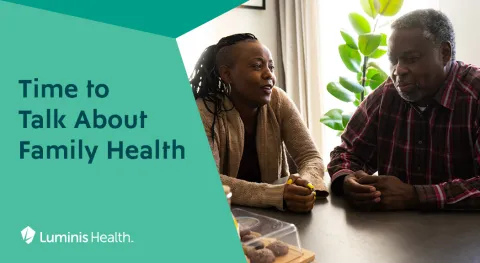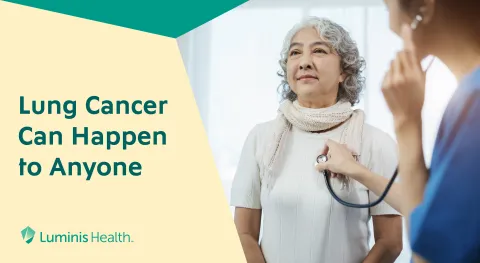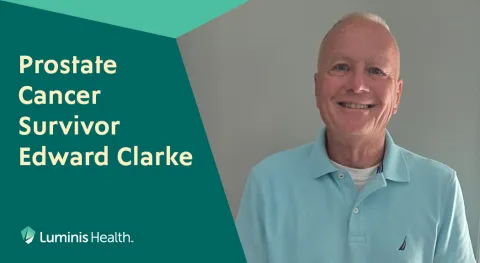
A lung cancer diagnosis brings fear. Sadness. Uncertainty. So, how can you support someone with such a heavy load? There’s no single answer. Words can’t fix it, but they can comfort. They can also hurt or make someone feel hopeless, even by accident. Knowing what to say, and what not to say, can make all the difference.
Some general things to keep in mind
We don’t want you to be so cautious that you avoid your loved one or friend. But there are some general tips to keep in mind when you talk to someone sick. Avoid clichés. They’re impersonal, and they fall flat. Don’t give your friend medical advice. Let your friend’s care team be the experts. And unless asked, don’t share stories of others with lung cancer. You’ll steal the moment and possibly force your friend to compare themselves to someone else. Every journey is different, and your friend might feel badly if they don’t live up to the standards established by someone else.
Phrases to avoid
Avoid expressions that come off uncaring, like:
- “Did you smoke?” or “You shouldn’t have done this.” Lung cancer is often associated with smoking, sometimes unfairly. Lots of people who develop lung cancer have never smoked. If you have lungs, you are at risk for lung cancer. Asking about smoking habits or drawing conclusions on how your friend could have avoided lung cancer isn’t helpful. These expressions put the blame on the person who is sick.
- “I know how you feel.” You don’t. You can empathize, but you really can’t know how this person feels or what they are thinking, even if you’ve had cancer. This seemingly empathetic expression redirects the conversation to you and diminishes the moment for your friend.
- A form of “Your cancer is treatable,” “Be positive” or “If you have to get lung cancer, that’s the one to get.” These words belittle your friend’s authentic feelings. Being diagnosed is scary, and expressions that misrepresent the severity of cancer can make your friend feel like their concerns aren’t valid. Don’t let emotions bottle up. Sometimes a good cry is the best way to release fears.
- Telling someone they are strong or brave. They might not feel that way. These words can put pressure on your friend to act courageously for others and might keep them from expressing their fear.
- Predicting a positive outcome, like “You can beat this” or “Everything will be fine.” You don’t know that. No one does.
Say this instead
Let your friend guide the conversation. If they don’t want to talk about their illness, talk about something else. If they do discuss their cancer, understand that your friend is inviting you to discuss something very personal. They want to feel hopeful. They want to know that you care for them. And you don’t have to be a wordsmith to offer words of comfort. Instead of trying to think of something profound, try an expression like…
- “How do you feel today?” Navigating lung cancer is a rollercoaster. Some days are better than others. Ask your friend how they’re feeling in that moment. “How do you feel” is too big a question. Asking about a specific moment is manageable.
- “What have your doctors told you about treatment options?” Show that you are there for them, even if you can’t be in the doctor’s office. But don’t pry. Follow their lead.
- “I’m going to be there for you.” And then do it. Many people with lung cancer say the hardest part of their journey is feeling abandoned. Regular check-ins make people feel like they have a champion with them. Again, follow their lead. Some people like daily conversations. Others appreciate a phone call every few weeks, nothing more. No matter how often you check in, being remembered makes the experience less lonesome.
- “I’m not sure what to say.” People appreciate honesty. Your friend isn’t expecting you to be enlightening. Just present.
- You can also offer your help. Instead of a vague offer such as “let me know what I can do,” try to think of specific ways you can make life a little easier for them. Offer to bring them groceries on Sundays, cut their grass this week, or drive their child to school. By reducing your friend’s obligations, you can help them focus on their care.
Support your friend
No matter what you say, or don’t say, being there for your friend is the most important way to show your support. Your friend is the same person they were before their diagnosis. And they need support now more than ever.
Learn more about lung cancer treatment here.



